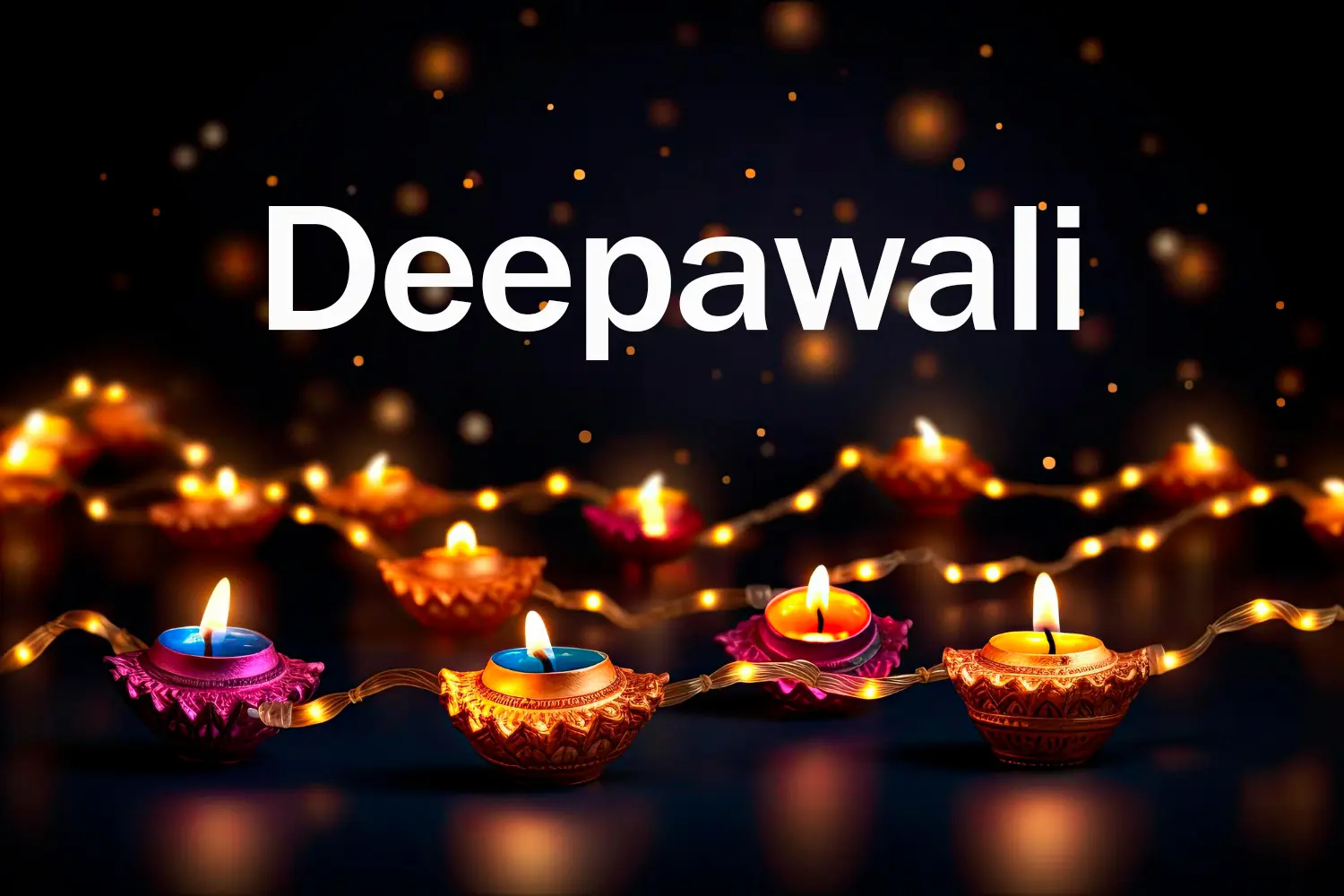Diwali, also known as Deepavali, is one of the most significant festivals celebrated by millions of people across the globe, particularly in India. Often referred to as the Festival of Lights, Diwali holds profound cultural, religious, and social significance. This joyous occasion is marked by dazzling decorations, the glow of oil lamps, vibrant rangoli designs, delectable sweets, and a spirit of togetherness that transcends boundaries.
Religious Significance:
Diwali is celebrated by Hindus, Jains, Sikhs, and some Buddhists, each community attributing its unique significance to the festival. For Hindus, it marks the return of Lord Rama to Ayodhya after defeating the demon king Ravana, symbolizing the victory of light over darkness and good over evil. In Jainism, Diwali commemorates Lord Mahavira’s attainment of nirvana. Sikhs celebrate Diwali as Bandi Chhor Divas, marking the release of Guru Hargobind Ji from imprisonment.
The Triumph of Light over Darkness:
At the heart of Diwali lies the symbolism of light dispelling darkness. Homes and public spaces are adorned with oil lamps or diyas, candles, and decorative lights. Fireworks illuminate the night sky, creating a spectacular display of colors. This act of illuminating the surroundings signifies the triumph of knowledge, righteousness, and spirituality over ignorance and darkness.
Cultural Celebrations:
Beyond its religious roots, Diwali is a time for cultural celebrations and bonding with loved ones. Families come together to clean and decorate their homes, creating a festive ambiance. Rangoli, intricate patterns made with colored powders, adorn entrances, adding an artistic touch. Exchanging gifts, sweets, and festive meals strengthens social ties, fostering a sense of community and goodwill.
Spiritual Renewal and Reflection:
Diwali is also a time for introspection and spiritual renewal. Many people take the opportunity to reflect on the past year, express gratitude, and set positive intentions for the future. Temples are decorated, and special prayers and ceremonies are conducted to seek blessings for health, prosperity, and overall well-being.
Environmental Concerns:
While Diwali is a time of immense joy, it also raises environmental concerns due to the extensive use of fireworks. The air and noise pollution resulting from firecrackers have led to growing awareness about celebrating a more eco-friendly Diwali. Many individuals and communities are now opting for noise-free and green celebrations, focusing on lights, cultural events, and eco-conscious practices.
Global Celebration:
Diwali has transcended its cultural and religious origins and is celebrated by diverse communities worldwide. Cities across the globe witness Diwali events, bringing people together to share in the festive spirit. Diwali’s universal message of light, hope, and the victory of good over evil resonates with people of various backgrounds, fostering harmony and understanding.
Conclusion:
Diwali, with its rich cultural and spiritual tapestry, stands as a beacon of light and joy, transcending religious and cultural boundaries. Beyond the glittering lights and festive fervor, it carries a profound message of hope, renewal, and the eternal triumph of good over evil. As people come together to celebrate Diwali, they share not only in the joy of the present moment but also in a timeless tradition that has endured for centuries.
Read More: Indians Celebrate Diwali with Bang, Pollution Level Rises Again


[…] Read More: The Significance of Diwali: A Festival of Lights, Joy, and Spiritual Renewal […]